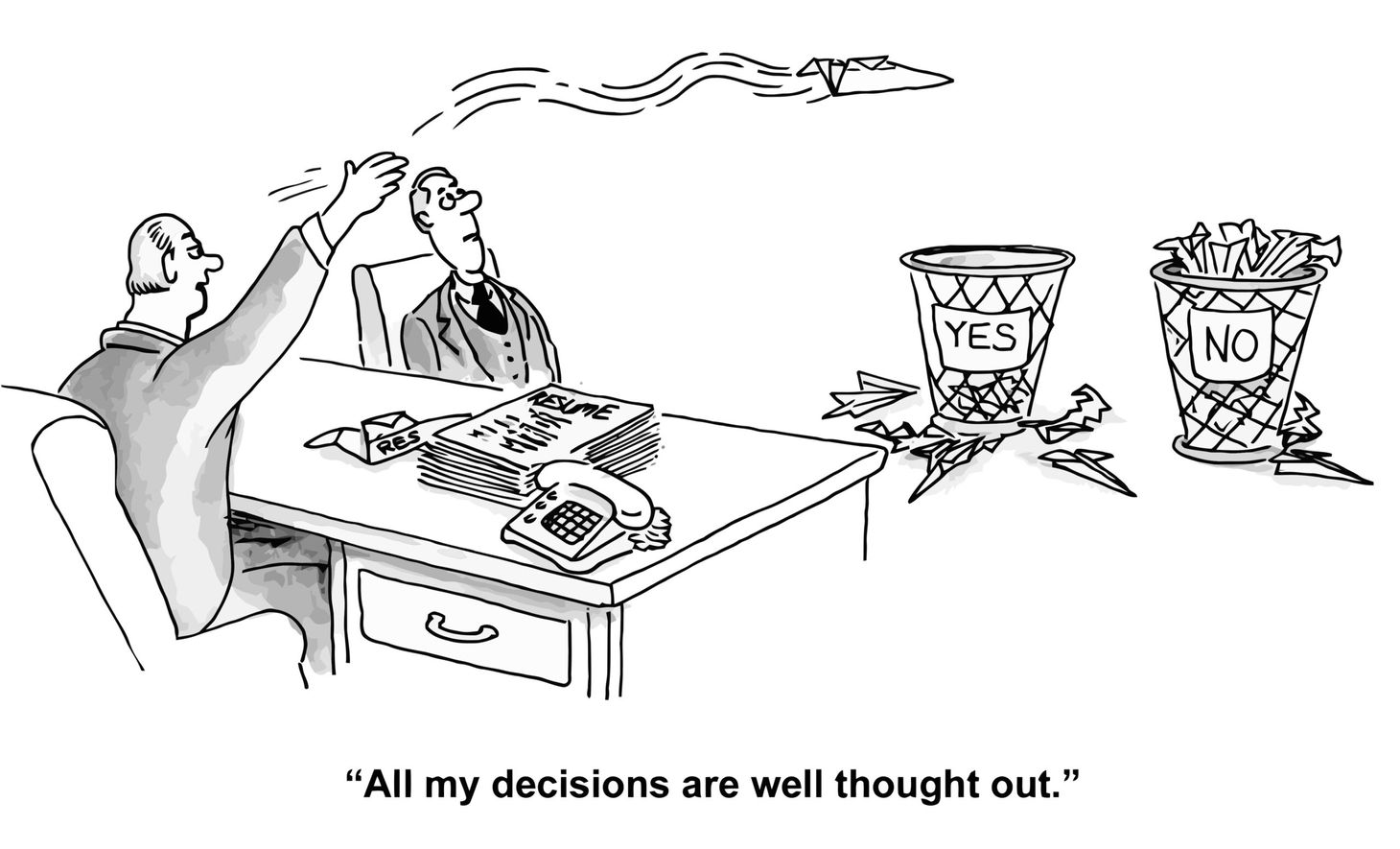Breaking Out of the Cycle of Lazy Thinking – A Dog Story
It’s easy to fall back on repetition and patterns. We all do it, especially when we’re tired or stressed. After all, it’s a lot easier to keep doing what we’ve always done than to try something new. But there’s a downside to relying too much on repetition and patterns: lazy thinking. When we rely to

It's easy to fall back on repetition and patterns. We all do it, especially when we're tired or stressed. After all, it's a lot easier to keep doing what we've always done than to try something new. But there's a downside to relying too much on repetition and patterns: lazy thinking.
When we rely too heavily on repetition and patterns, we stop thinking critically. We become less flexible in our thinking and more resistant to new ideas. We may even see the world in black-and-white terms, instead of the shades of gray that is reality.
Nevina – My Service Dog

Nevina is my German shepherd service dog whose training is based on repetition and patterns. Her obedience is amazing and her training solid. I can put her in any situation and she will use her training to do her job. This is due, in a large part, to the repetition and patterns her breeder and trainers have ingrained in her.
I've found that in new experiences, I can direct Nevina using her skills and she will trust me and follow my lead. This is because she knows I won't ask her to do something that would put her at risk. In other areas where she has more experience than me (such as flying with a service dog), she takes the lead. I trust her.
Repetition and patterns are important in training service dogs. It instills obedience and trust. Without these, it would be difficult for them to provide the services while keeping them safe. Thanks to Nevina's training, I know she will always have my back – no matter what.
Being Pattern Focused
There is a downside to having a dog that recognizes and repeats patterns. If I accidentally do the same thing three times a row, she assumes it's a pattern she needs to repeat. When I started a pattern of giving her a bone at night, she learned it and now expects it. My wife was not aware of the pattern. One night when I was away, she went to bed and Nevina planted herself at the end of the table, waiting for her bone. Eventually, my wife had to get up and go back to the living room to give Nevina her evening bone. Nevina would not budge from the pattern. My wife was not happy.
Good for Dogs – Not good for Creativity and Innovation
While repetition and patterns are good for training service dogs – they help to instill obedience and trust – they can be bad for creativity and innovation. When we rely too heavily on repetition and patterns, we stop thinking critically. We become less flexible in our thinking. We may even see the world in black-and-white terms based on the patterns we've learned, instead of the shades of gray that are reality.
So, in new experiences, I direct Nevina to use her skills to problem solve how to do something. I want her to be open to new ideas and willing to try something new. This flexibility will help her – and me – in the long run. That is why you rarely will see me without Nevina. She goes everywhere with me. I want to expose her to ever-changing experiences.
Examples of Lazy Thinking
One example of lazy thinking from repetition and patterns is when people expect something to happen a certain way based on experience. When it doesn't happen the way they expected, they get confused or frustrated. For example, someone who has flown before may expect the process to be similar each time, but if there are unexpected delays or changes, they may get upset.
Another example is when people assume others will act the same way they do based on previous interactions, but if someone behaves differently, they may get confused or angry.
Lazy thinking can also occur when people rely on stereotypes and preconceptions to make decisions or judgments about others. For example, if someone has a negative stereotype or bias, they may automatically assume that all members of that group are lazy, stupid, or dangerous.
Recently Nevina and I were in a Great Wolf Lodge with our grandkids. As we entered an elevator, with her service vest on, everyone in the elevator rushed off. It seems the family had an unpleasant experience with German shepherds and had a bias against the breed. I took it as an opportunity to take her vest off and let the kids pet and play with her. It also gave me an opportunity to teach them about her training.
How To Break Out of Lazy Thinking
It's difficult to break out of lazy thinking, but it's worth the effort. When you open your mind to new possibilities, you can learn and grow in ways you never thought possible.
So what can we do to break out of the cycle of lazy thinking?
There are several mental exercises that can help train the mind to break out of patterns and repetition that lead to lazy thinking.
One approach is to explore the novel. Search out new ideas, experiences, and perspectives. This can be challenging, but it's worth the effort.
Another approach is to be mindful of the way we think and question our assumptions and preconceptions. Are we seeing the world as it really is, or are we seeing it through the lens of our own biases and prejudices?
A third approach is to practice problem-solving. When we face a tough challenge, our habitual responses may not be the best ones. Practice reasoning through problems in a step-by-step fashion, and see if you can come up with creative solutions.
Problem-Solving While Flying with a Service Dog

For example, when we went on our first airplane ride together, I had never been on an airplane with a service dog. I knew she would know what to do. But we ran into the unexpected. So rather than getting stuck, she was flexible and looked at me to direct her using her skills. I told her what to do to get through the experience. She followed my lead, and we both had a great time.
Overcoming Lazy Thinking Habits
It’s not easy to break out of our comfort zones, but it is important to try. Lazy thinking can lead us down a dangerous path, away from creativity and innovation. Thanks to Nevina’s training, I know that it’s possible to break out of the cycle of repetition and patterns. She is a living example of flexibility and open-mindedness, and I am grateful for her presence in my life.
Ultimately, it's up to each of us to break out of the cycle of lazy thinking and start thinking more critically. The more we challenge our mental patterns, the easier it will be to think outside the box and come up with original, novel ideas. As Nevina has shown me, it's possible to break out of the cycle of lazy thinking—but it takes effort and practice.
If Nevina can break out of the cycle of lazy thinking, so can I!
Phil McKinney
Phil McKinney Newsletter
Join the newsletter to receive the latest updates in your inbox.




